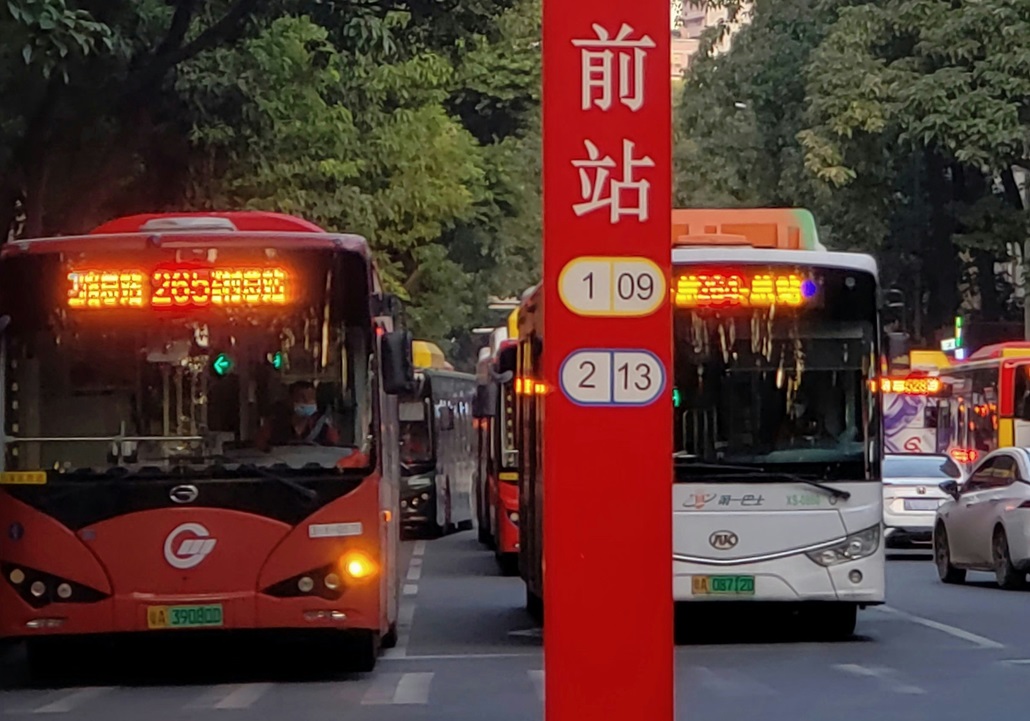Chinese bus crisis, a new burden for local authorities
As public transport ridership declined in recent years, some bus companies have had to interrupt their service. A new regulation by the central government requires local administrations to ensure that bus companies keep operating at a time when local governments’ hidden debt reaches record levels.
Beijing (AsiaNews/Agencies) – As of 1 December, local authorities in the People's Republic of China will take over the management and financing of public bus services.
Recently, the central government issued a new Urban Public Transport Regulation requiring debt-ridden local governments to deal with the rising number of public transport companies forced to suspend services or delay paying wages because of serious liquidity problems.
Under the new policy, “Without the consent of municipal governments, urban public transportation enterprises must not terminate services,” the new regulation reads.
Already in early 2023, a bus company in Shangqiu (Henan province) shut down because of serious financial woes, forcing local authorities to intervene, the Sixth Tone online magazine reported. In the following months, more companies suffered the same fate in the provinces of Heilongjiang, Liaoning, and Hebei.
Writing in China Newsweek, Yang Xinmiao, deputy director of Tsinghua University’s Institute of Transportation, noted that the main reason for financial losses is a sharp decline in ridership in recent years, by around 20 billion trips annually, due to competition from ride-hailing and bike-sharing services.
China's rapidly aging population has also heavily impacted the sector. Many cities have in fact introduced fee exemption for seniors, further cutting companies’ revenues. As a result, bus companies have become heavily dependent on government subsidies, which now account for more than half of their revenue.
This burden falls entirely on local finances, since the central government cut back its subsidies for electric buses originally introduced in 2015 to support China’s green energy transition.
Already burdened by high debt, local administrations found themselves unable to pay for debt-ridden bus companies, and so let them file for bankruptcy, citing the lack of any country-wide legislation forcing them to take over the service.
The new regulation addresses the issue directly, giving municipal administrations authority in urban public transport in the areas within their jurisdiction.
It calls on them to ensure that funding for public transport is included in their budgets, so that they can provide bus service operators with financial subsidies in a timely manner.
This measure will greatly affect municipalities. According to the latest estimates by the International Monetary Fund, the "hidden" debt of China’s local governments is at a record high.
To deal with this, the Standing Committee of the National People's Congress is discussing plans to lift local governments’ debt ceiling to swap out their hidden debt.
01/03/2023 18:04







.png)










